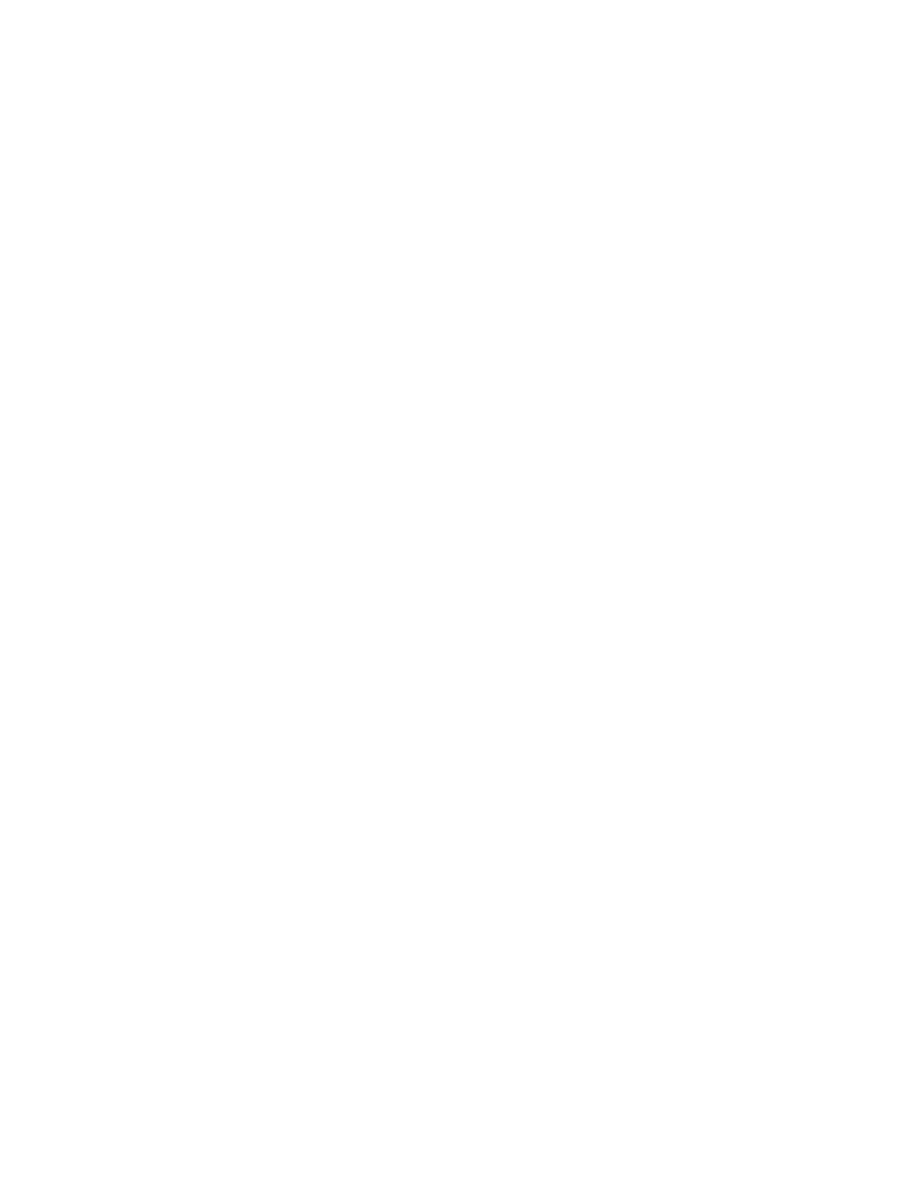
324
14 CFR Ch. I (1–1–19 Edition)
§ 25.1015
must be shown to be suitable for the
particular application.
[Doc. No. 5066, 29 FR 18291, Dec. 24, 1964, as
amended by Amdt. 25–19, 33 FR 15410, Oct. 17,
1968; Amdt. 25–23, 35 FR 5677, Apr. 8, 1970;
Amdt. 25–36, 39 FR 35460, Oct. 1, 1974; Amdt.
25–57, 49 FR 6848, Feb. 23, 1984; Amdt. 25–72, 55
FR 29785, July 20, 1990]
§ 25.1015
Oil tank tests.
Each oil tank must be designed and
installed so that—
(a) It can withstand, without failure,
each vibration, inertia, and fluid load
that it may be subjected to in oper-
ation; and
(b) It meets the provisions of § 25.965,
except—
(1) The test pressure—
(i) For pressurized tanks used with a
turbine engine, may not be less than 5
p.s.i. plus the maximum operating
pressure of the tank instead of the
pressure specified in § 25.965(a); and
(ii) For all other tanks may not be
less than 5 p.s.i. instead of the pressure
specified in § 25.965(a); and
(2) The test fluid must be oil at 250
°
F. instead of the fluid specified in
§ 25.965(c).
[Doc. No. 5066, 29 FR 18291, Dec. 24, 1964, as
amended by Amdt. 25–36, 39 FR 35461, Oct. 1,
1974]
§ 25.1017
Oil lines and fittings.
(a) Each oil line must meet the re-
quirements of § 25.993 and each oil line
and fitting in any designated fire zone
must meet the requirements of
§ 25.1183.
(b) Breather lines must be arranged
so that—
(1) Condensed water vapor that might
freeze and obstruct the line cannot ac-
cumulate at any point;
(2) The breather discharge does not
constitute a fire hazard if foaming oc-
curs or causes emitted oil to strike the
pilot’s windshield; and
(3) The breather does not discharge
into the engine air induction system.
§ 25.1019
Oil strainer or filter.
(a) Each turbine engine installation
must incorporate an oil strainer or fil-
ter through which all of the engine oil
flows and which meets the following re-
quirements:
(1) Each oil strainer or filter that has
a bypass must be constructed and in-
stalled so that oil will flow at the nor-
mal rate through the rest of the sys-
tem with the strainer or filter com-
pletely blocked.
(2) The oil strainer or filter must
have the capacity (with respect to op-
erating limitations established for the
engine) to ensure that engine oil sys-
tem functioning is not impaired when
the oil is contaminated to a degree
(with respect to particle size and den-
sity) that is greater than that estab-
lished for the engine under Part 33 of
this chapter.
(3) The oil strainer or filter, unless it
is installed at an oil tank outlet, must
incorporate an indicator that will indi-
cate contamination before it reaches
the capacity established in accordance
with paragraph (a)(2) of this section.
(4) The bypass of a strainer or filter
must be constructed and installed so
that the release of collected contami-
nants is minimized by appropriate lo-
cation of the bypass to ensure that col-
lected contaminants are not in the by-
pass flow path.
(5) An oil strainer or filter that has
no bypass, except one that is installed
at an oil tank outlet, must have a
means to connect it to the warning
system required in § 25.1305(c)(7).
(b) Each oil strainer or filter in a
powerplant installation using recipro-
cating engines must be constructed and
installed so that oil will flow at the
normal rate through the rest of the
system with the strainer or filter ele-
ment completely blocked.
[Amdt. 25–36, 39 FR 35461, Oct. 1, 1974, as
amended by Amdt. 25–57, 49 FR 6848, Feb. 23,
1984]
§ 25.1021
Oil system drains.
A drain (or drains) must be provided
to allow safe drainage of the oil sys-
tem. Each drain must—
(a) Be accessible; and
(b) Have manual or automatic means
for positive locking in the closed posi-
tion.
[Amdt. 25–57, 49 FR 6848, Feb. 23, 1984]
VerDate Sep<11>2014
12:50 Apr 30, 2019
Jkt 247046
PO 00000
Frm 00334
Fmt 8010
Sfmt 8010
Y:\SGML\247046.XXX
247046
spaschal on DSK3GDR082PROD with CFR